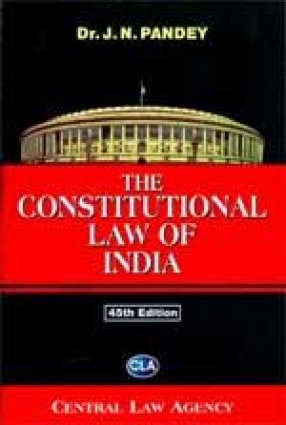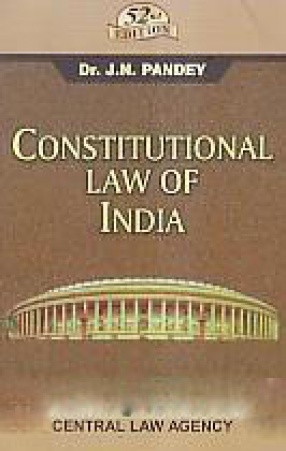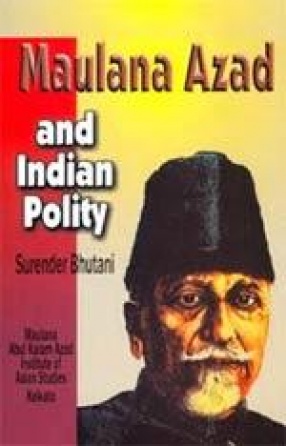Liberty, equality and fraternity were the watch-words of the French Revolutions. The concept of social justice permeated the Blolshevik upsurge which overwhelmed the old order in Russia. In the Indian Constitution a successful attempt has been made to bring about a synthesis between the concept of individual freedom and social justice. It is for reason that the attainment of social, economic and political justice, along with the liberty and equality of its citizens is enshrined in the Preamble as the objectives of the Constitution. The Constitution of India is an organic document which defines the powers and functions of various organs of the State and their inter se relationship. It is modeled on the pattern of a federal structure with a strong basis in favour of the Centre. It provide for Parliamentary democracy with an Executive responsible to the Legislature. Like American Constitution, it has armed the judiciary to test the validity of the Parliamentary legislation on the touchstone of the constitutional provisions. The Constitution guarantees to its citizens certain fundamental rights: right to equality, right to freedom of speech and religion, right to property and to constitutional remedies- rights which are essential for the development of human personality. In this, the Indian Constitution has gone a step forward than the Bill of Rights incorporated in the Constitution of the U.S.A. The Constitution is the Supreme Law of the land, and naturally during the course of the last 22 years a number commentaries, written by eminent men of law and learning, have come out on the constitution. Sri jai Narain Pandey, the author of this book is a teacher of law in the University of Allahabad. He has long felt the need of a handy volume giving an integrated picture of the Constitution to the University students. He has made this attempt in that direction.
Constitutional Law of India
$35.10
$39.00







There are no reviews yet.